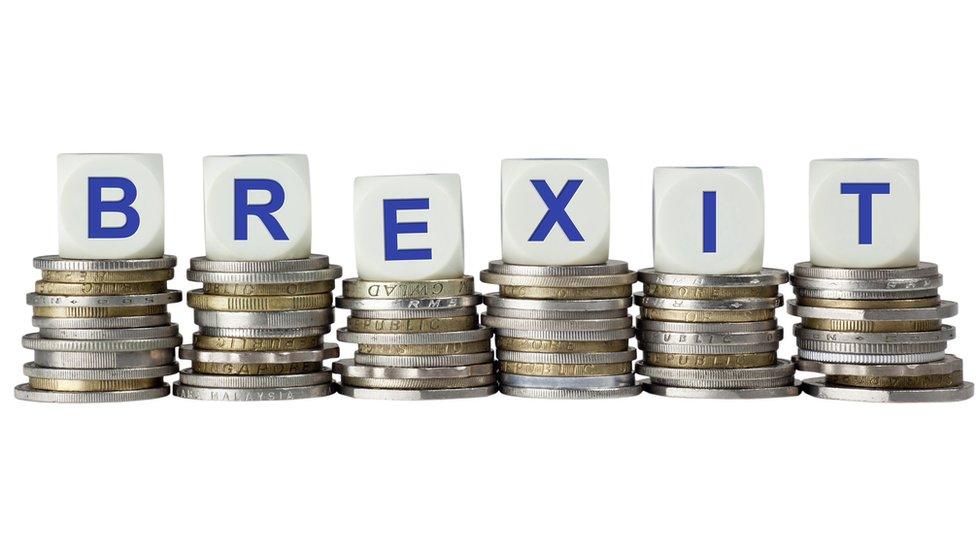Brexit: Five key areas to watch on the economy
- Published
Brexit: Economic indicators to watch
Now that the British public has voted for Brexit, what exactly will the economic effects be? Here are five areas where experts say we should pay close attention.

The pound
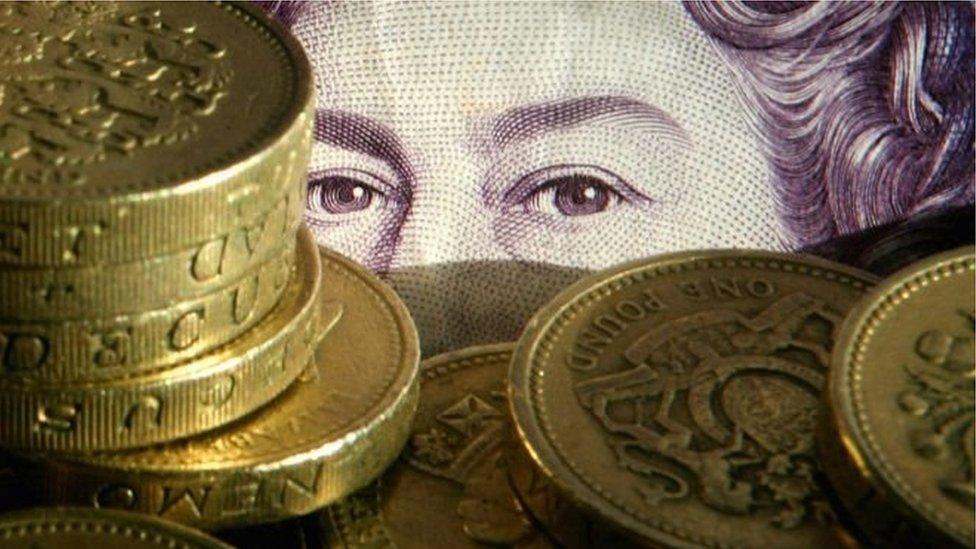
The pound is expected to fall heavily, but not so much because the markets expect the economy to suddenly collapse into a recession, although many experts believe that leaving the EU will hurt the economy.
The main reason is that many investors have been betting that we would vote to stay in and they have lost that bet. They will need to sell their holdings of sterling before it falls too far. Also if the economy is damaged by leaving the EU the pound will be less attractive to hold.
The UK also needs to attract large amounts of foreign investment to pay for its imports and the country may now be a less attractive place to invest in, with its access to the rest of the EU in some doubt.
That would suggest that demand for sterling will be weaker as fewer businesses need the pound to buy assets in the UK, although it might mean UK interest rates will have to rise to increase the attractiveness of holding sterling.

Stock markets
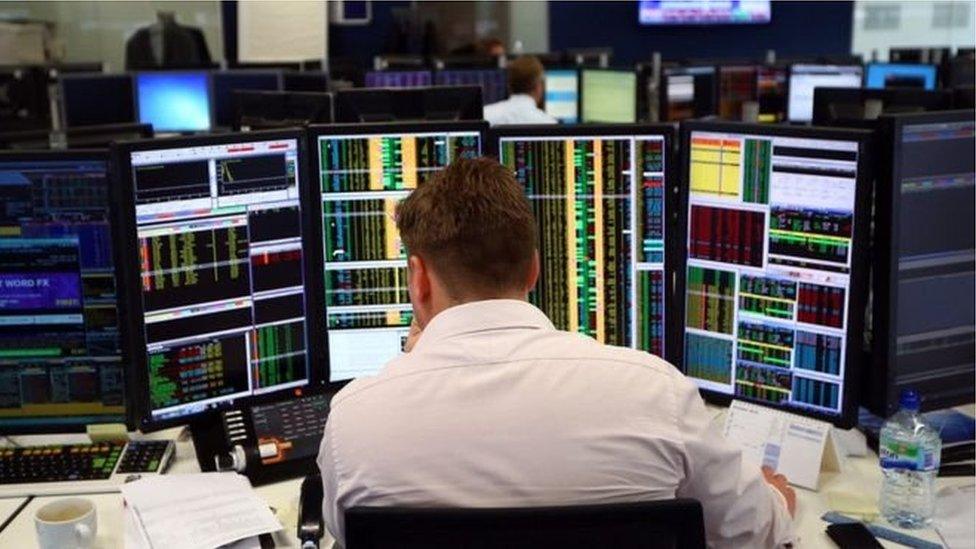
The effects of Brexit may be felt far beyond British shores, but given there were so many warnings from so many large UK companies that Brexit would damage their prospects, it is expected to hit share values in Britain first.
That could quickly spill over into the rest of the EU, where confidence will have been hit by the mere fact that one of the world's largest economies has left the club.
It is also true to say that the world economy is in a delicate state already with US and Chinese growth both looking fragile at the moment and the shock to Europe of the UK's decision to leave the EU will add to those concerns. So we can expect to see sharp falls in markets both in the UK and abroad.

Bond yields
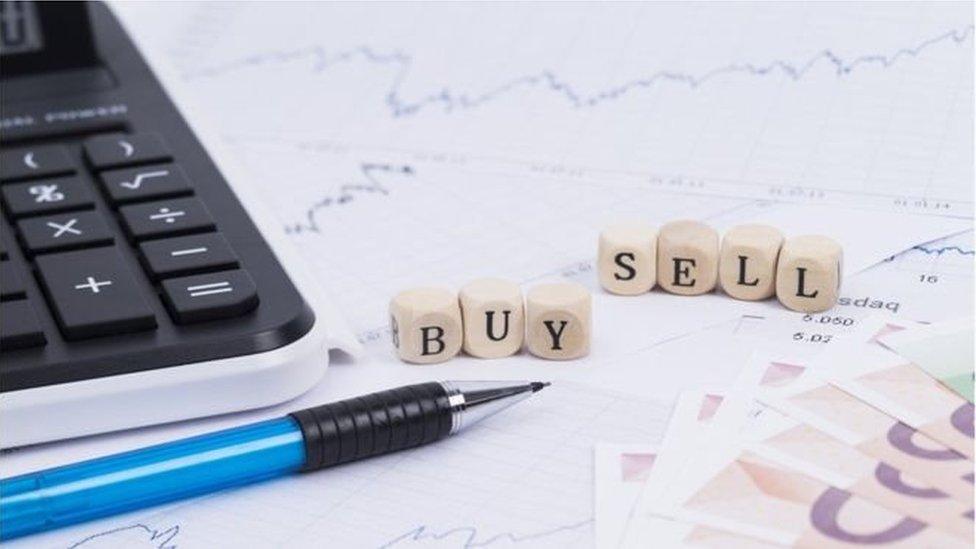
As share prices tumble many investors tend to switch their money into safer options, traditionally bonds.
The more money that pours into bonds the less interest they pay, and they have already been at historically low levels for years. The shock of Brexit is likely to push those yields even lower until investors are actually paying some governments for the right to lend them money.
That might happen in Germany, Japan, the US and even the UK. The obverse of that is that in riskier economies the opposite might happen and the cost of borrowing in places like Greece, Spain and Italy might rise.

Housing market
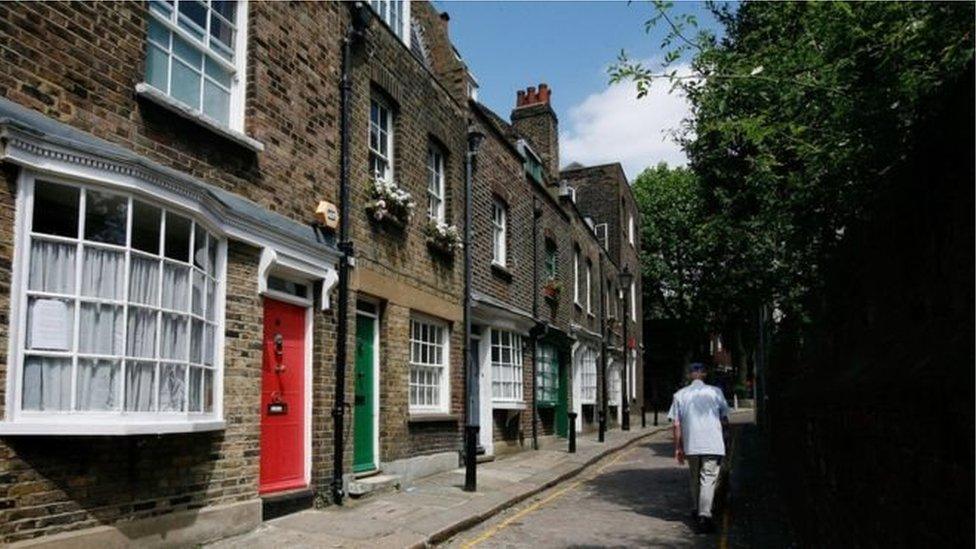
In the run-up to the referendum there were signs the housing market, especially in London and south-east England, was slowing down, as buyers and especially rich foreign purchasers waited to see which way the result went.
Now the UK has voted to leave that trend is likely to become much firmer - foreign buyers might be reluctant to invest the huge sums needed to buy prime London property when they don't know what the economic and political future holds.
That might affect a few millionaires to start with, but what happens in central London tends to set the trend for house prices across the country and flow out - across the rest of the capital and south-east England, to all corners of the country.
That may be no bad thing - house prices are amazingly high and many people are unable to get a foot on the housing ladder. However, many others feel wealthy because of the value of their home and falling house prices can hit their High Street spending and economic growth.

Inward investment and trade
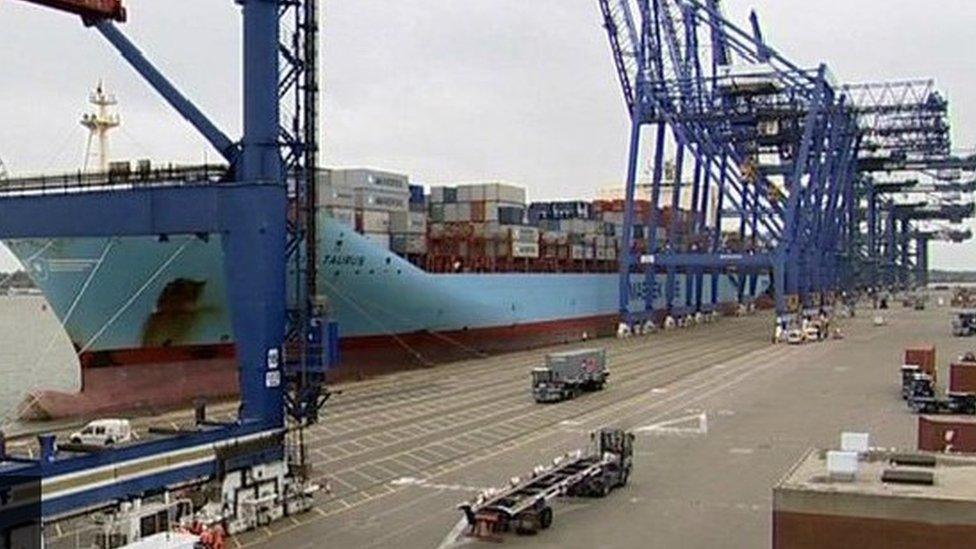
So much of this depends on the deal that the UK now negotiates with the rest of the EU, although in the short term there may be less investment in Britain, and a falling pound could boost exports.
Long term, a great deal of investment is because of the UK's access to the single market of over 500 million people across the EU and the European Free Trade Association (EFTA). Many countries will be after a slice of that cake, and so the deal the UK does with the EU is all important.
That is why many believe the UK will have to stay part of the single market, and no country has managed to do that without allowing for free immigration from the rest of the EU.
- Published24 June 2016
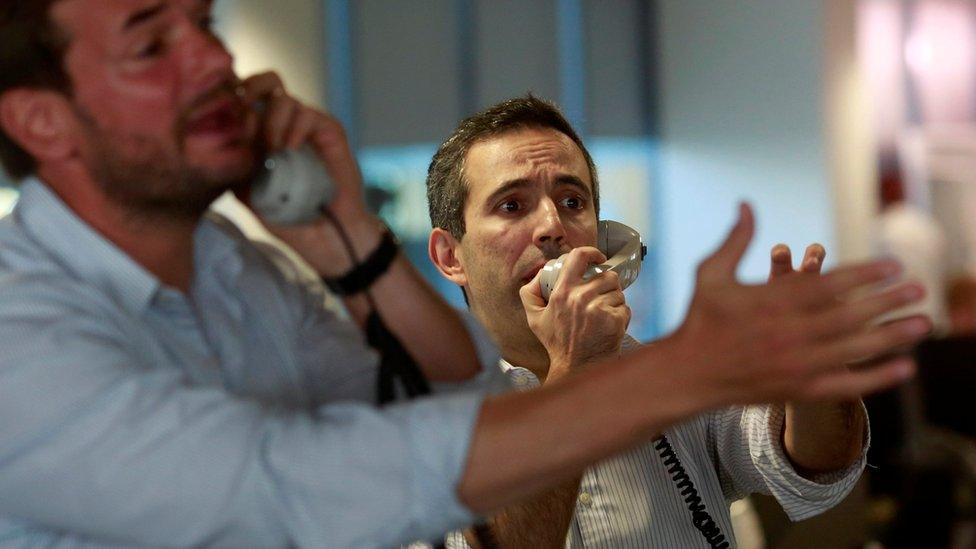
- Published24 June 2016
